Filing an “accurate” tax return isn’t enough anymore. Both the IRS in the US and HMRC in the UK rely on sophisticated algorithms to flag returns for audit. These systems analyze patterns, deviations, and anomalies—meaning that even compliant filings can draw scrutiny if they appear unusual. Understanding what triggers these systems is critical to protecting your clients and avoiding costly audits.
The Problem: Flying Blind into the Algorithm
Audits are rarely random. Automated systems flag returns based on statistical red flags, such as:
- Unusually high deductions relative to income
- Major, unexplained changes in financial activity year-over-year
- Mismatches between your filing and third-party information, like 1099s, W-2s, or P60/P45s
Without awareness of these triggers, clients are at risk even if the numbers are technically correct.
The Risk: Double the Agencies, Double the Scrutiny
Clients with both US and UK tax obligations face compounded risk. A position acceptable to the IRS may trigger HMRC scrutiny, particularly in areas like:
- Reporting of foreign accounts (FBAR, Form 8938, or UK equivalent)
- Claims made under the US/UK Tax Treaty
- Transfer pricing between related entities
Navigating these dual obligations requires careful attention to cross-border consistency and documentation.
The Solution: A Proactive “Red Flag Review”
The best defense against audits is preemptive action. Conducting a Red Flag Review before filing can stress-test returns against known triggers. This involves:
- Comparative Analysis: Benchmarking deductions and income against industry norms to spot anomalies
- Documentation Check: Ensuring robust support exists for all major claims
- Cross-Border Consistency Check: Verifying positions taken with both agencies are defensible
By proactively addressing these risks, firms can significantly reduce the likelihood of audit engagement and enhance client confidence.
The Best Audit Defense Is a Good Offense
Implementing a Red Flag Review allows your firm to:
- Identify and mitigate audit risks before the return is filed
- Provide clients with peace of mind and reassurance
- Differentiate your firm with a premium, high-value compliance service
In today’s data-driven tax environment, proactive preparation isn’t optional—it’s essential. US and UK clients benefit from a strategic, preemptive approach that turns potential risk into a competitive advantage for your firm. Get in touch with AccelUS today!
